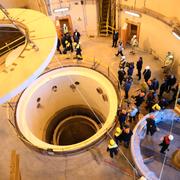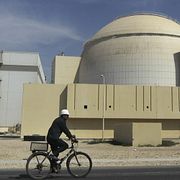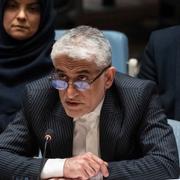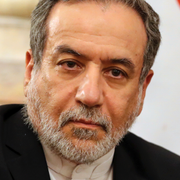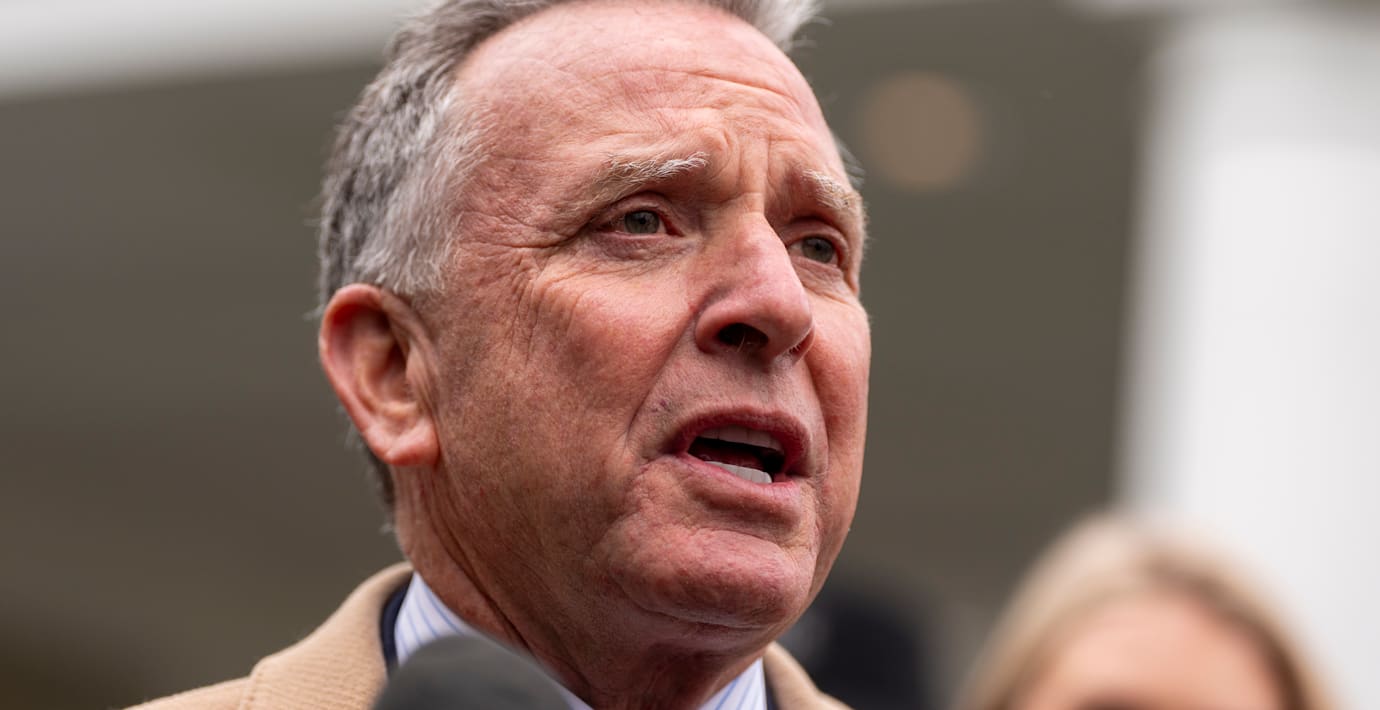
Israels krav inför samtal: Spräng Irans anläggningar
Samtalen om Irans kärnenergiprogram måste leda till att USA ”spränger” Irans kärnanläggningar. Det utspelet gör Israel premiärminister Benjamin Netanyahu inför helgens ”informella samtal” mellan USA och Iran.
– Vi går in, spränger anläggningarna, nedmonterar all utrustning – under amerikansk översyn. Det är det perfekta scenariot, säger han i talet enligt israeliska medier.
Från Irans sida har man försökt tona ner tyngden i helgens överläggningar. Utrikesminister Abbas Araghchi är noga med att påpeka att inga direkta samtal kommer att föras. Delegationerna kommer att sitta i olika rum och medlare från Oman ska springa mellan parterna.
bakgrund
Kärnavtalet med Iran 2015
Wikipedia (en)
The Joint Comprehensive Plan of Action (JCPOA; Persian: برنامه جامع اقدام مشترک, romanized: barnāmeye jāme'e eqdāme moshtarak (برجام, BARJAM)), also known as the Iran nuclear deal or Iran deal, is an agreement to limit the Iranian nuclear program in return for sanctions relief and other provisions. The agreement was finalized in Vienna on 14 July 2015, between Iran and the P5+1 (the five permanent members of the United Nations S.C.—China, France, Russia, the U.K., U.S.—plus Germany) together with the European Union.
Formal negotiations began with the adoption of the Joint Plan of Action, an interim agreement signed between Iran and the P5+1 countries in November 2013. Iran and the P5+1 countries engaged in negotiations for the following 20 months and, in April 2015, agreed on an Iran nuclear deal framework, which later led to JCPOA, along with a Roadmap Agreement between Iran and the International Atomic Energy Agency (IAEA).
Negotiations centered around sanctions relief and restrictions on Iran's nuclear facilities, including the Arak IR-40 reactor, Bushehr Nuclear Power Plant, Gachin Uranium Mine, Fordow Fuel Enrichment Plant, Isfahan Uranium Conversion Plant, Natanz Uranium Enrichment Plant, and the Parchin Military Research complex.
The agreement took effect on 20 January 2016. It was criticized and opposed in the United States, Israel, Saudi Arabia, and by Iranian principlists.
The United States withdrew from the pact in 2018 and imposed sanctions under the policy of "maximum pressure". The sanctions applied to all countries and companies doing business with Iran and cut it off from the international financial system, rendering the nuclear deal's economic provisions null.
Omni är politiskt obundna och oberoende. Vi strävar efter att ge fler perspektiv på nyheterna. Har du frågor eller synpunkter kring vår rapportering? Kontakta redaktionen
